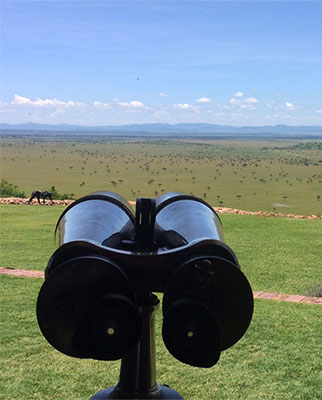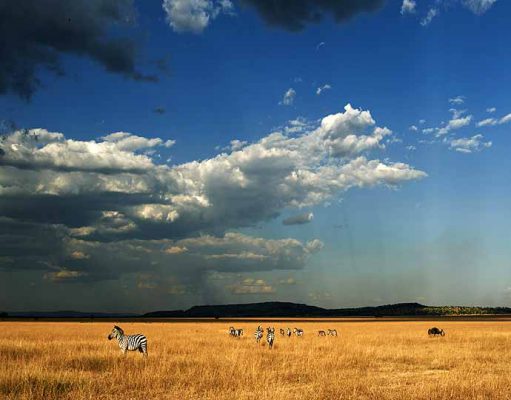This website uses cookies so that we can provide you with the best user experience possible. Cookie information is stored in your browser and performs functions such as recognising you when you return to our website and helping our team to understand which sections of the website you find most interesting and useful.
We are very excited to announce that Singita and their Singita Grumeti Fund is now a charitable partner of the African Community and Conservation Foundation. This is a US based non-profit raising funds for projects in Africa.
Have a look at the press release from Singita below:
‘The ACCF or The Foundation, a new independent non-profit charitable organisation launching in November 2018 with the overarching goal of fuelling sustainable and transformative human impact and conservation in Africa. The Foundation will focus on building funding for the long-term protection of African wilderness areas and support for the surrounding communities.
ACCF will be based in the United States, and its initial charitable partner in Africa will be the Grumeti Community and Wildlife Conservation Fun Company Limited (the Grumeti Fund), which carries out wildlife conservation and community development work in the western corridor of the Serengeti ecosystem in Tanzania. Former Starkey Hearing Foundation Executive Director Brady Forseth will serve as CEO of the Foundation. “It’s a privilege to partner with the Grumeti Fund who are demonstrated leaders in conservation within the Serengeti ecosystem,” says Forseth. The Foundation will also partner with other organisations that have the experience and programs to execute ACCF’s objectives.
African wildlife is under constant threat from poaching associated with the bushmeat trade, habitat encroachment, charcoal extraction and the illegal trade of wildlife contraband such as ivory and rhino horn. To combat these ecosystem threats, ACCF will support anti-poaching efforts, combining cutting edge technology with boots on the ground. Wildlife conservation, enterprise development, tourism, community prosperity and the health of the ecosystem are dependent upon and essential for the sustainability of the entire area. Brady Forseth says “I am thrilled to lead ACCF’s programs in Africa! We are positioned well to be the gateway platform that empowers and funds sustainable humanitarian and wildlife conservation initiatives.”
The Foundation, which is a project sponsored by Friends of Peace Parks Inc, a United States public charity, aims to raise both awareness and funding for wildlife conservation and community programs in and around the Grumeti Reserve in Tanzania, in addition to other transformative and sustainable conservation and community programs in and around the Grumeti Reserve in Tanzania, in addition to other transformative and sustainable conservation and community projects throughout Africa.
As background about the Foundation’s initial primary partner in carrying out its charitable purposes, the Grumeti Fund was created in 2002 with the support of U.S. investor and philanthropist Paul Tudor Jones, during a period of decline in the region’s wildlife populations. Excessive hunting and widespread poaching had left the area desolate and the local communities impoverished. Stepping in to reverse the damage, the Grumeti Fund’s primary efforts have focused on wildlife conservation and anti-poaching, as well as community development programs centered around education, enterprise development, environmental awareness and girl’s empowerment programs. The initiatives have had a profound effect on the Serengeti ecosystem, rehabilitating the once degraded area and restoring the Grumeti concessions to their former glory. One of the biggest upcoming projects is the translocation of six to twelve East African black rhinos in 2019.
On the establishment of ACCF, Mr Paul Tudor Jones noted: “African reserves are such iconic places, and they are overwhelmed by population pressure including poaching and competing uses for land. The impact this has on the people living there is massive. We can and will find a solution to these human/environmental problems: engaging scientists, researchers, conservationists, philanthropists, government officials, investors and an army of passionate peacemakers is the way.”
ACCF will begin its work in Tanzania, but hopes to continue its critical conservation initiatives and community impact in Mozambique, Rwanda, South Africa, Zambia and Zimbabwe.’







